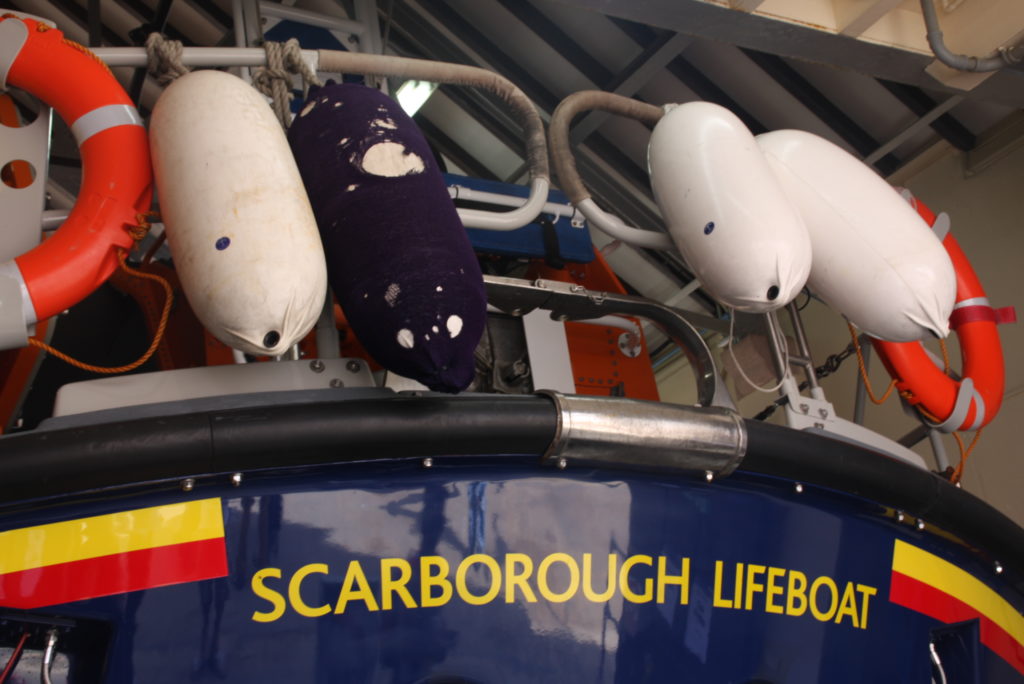Toolbox

Resources for people when out and about such as Sunflower Lanyards, Max Cards, Autism Hour, Safe Places, Changing Places Toilets and more
1. Sunflower lanyards, ribbons, wristbands, pin badges
2. National Disability Card and National Carers Card
3. Max Card (Discounts at attractions)
4. Autism Hour
5. Safe Places
6. Changing Places Toilets
7. Reasonable Adjustments
8. KeyRing – North Yorkshire Self Advocacy
9. CEA Cinema Card (Free cinema ticket for accompanying person)
1.Sunflower lanyards, ribbons, wristbands, pin badges
Sunflower lanyards, ribbons, wristbands, pin badges: These sunflower items indicate to people that someone has chosen to share that they have a hidden disability. This is a way to indicate to others – including in shops, airports, leisure facilities and the NHS – that they may need additional support, help or a little more time.
Website: https://hiddendisabilitiesstore.com
2. National Disability Card and National Carers Card
National Disability Card and National Carers Card: These cards allow for quick identification of disabled people and carers when they are out and about. This can help to get necessary support, help or concessions. See website bellow to apply for a card. Evidence will need to be shown of a disability that has an effect on everyday life. Examples of evidence accepted include Disabled Badge, Disabled Person’s Bus Pass, a relevant medical letter, Disabled Person’s Freedom Pass, Disability Living Allowance decision letter, Personal Independent Payment letter.
Website: https://www.disabilityid.co.uk/
3. Max Card
Max Card: Max Card offers discounts to families of children and young people with additional needs (up to the age of 25). Local discounts are available at a number of local attractions including North Bay Railway, Mini Monsterz and Sea Life Centre. Cards can be applied for via the Max Card website.
Website: https://mymaxcard.co.uk/
4. Autism Hour
Autism Hour: Autism Hour is when a shop changes things to create a calmer shopping environment. They might make changes including educating staff about autism, dimming the lights, reducing noise such as announcements and music. They might also reduce harsh smells, ensure more staff are on the tills to avoid the need to queue, or have a dedicated till with trained staff. You can find out more about this on the National Autistic Society website.
Website: https://www.autism.org.uk/what-we-do/campaign/public-understanding
5. Safe Places
Safe Places: A Safe Place is where anyone can call in to get assistance if they need help when out and about. This includes if they feel concerned, overwhelmed or are in any other difficulty. To apply to be a member of the scheme or find out more information see below.
Information: https://www.safeplaces.org.uk/
Email: info@safeplaces.org.uk
6. Changing Places Toilets
Changing Places Toilets: Changing Places Toilets is a campaign which aims to improve accessible toilet facilities for people with profound or multiple disabilities as well as other disabled people. Changing Places Toilets has a list of toilet facilities available for people who might need them around the UK. These places are designed to be completely accessible and provide adequate space for two carers to support an individual. In order to meet the criteria, the place needs to have facilities including changing bench, a hoist, a toilet, a wash-basin, a curtain or screen non-slip flooring. The places are centrally located and the campaign is to help people to get out and about and do things that other people may take for granted.
Website to find a toilet near you: http://www.changing-places.org/find_a_toilet.aspx
7. Reasonable Adjustments
Reasonable Adjustments: Legislation dictates that reasonable adjustments should be made so as not to exclude those with additional needs. If you know an adjustment that will be useful at a medical, school, leisure facility or business, then ask if it has not already been offered. This could be anything from asking for music to be turned down to asking for adjustments to be made to an interview process. Access to Work grants can support the financial costs of paying for reasonable adjustments within the workplace.
Access to Work grant website: https://www.gov.uk/access-to-work
8. KeyRing – North Yorkshire Self Advocacy
KeyRing – North Yorkshire Self Advocacy: North Yorkshire Self Advocacy is a service that supports people who are on the autism spectrum and/or have a learning disability to attend meetings and speak up on issues that have importance to them and to others in their community.
Phone: 03330000321 Text: 07506628693
Website: http://www.keyring.org/
Facebook: https://www.facebook.com/keyringlivingsupport
9. CEA Card
CEA Card: The Card enables a disabled cinema guest to receive a complimentary ticket for someone to go with them when they visit a participating cinema. This is available to applicants 5 years and above and in receipt of certain benefits. The card costs £6 per year. Apply online or by post for a CEA card that can be used at all participating cinemas. Scarborough’s Hollywood Plaza and SJT cinemas participate in the UK Cinema Association’s CEA card scheme. Contact CEA for application details.
Phone CEA: 01244 526 010 Email CEA: info@ceacard.co.uk CEA Website: https://www.ceacard.co.uk/
Hollywood Plaza: 01723 507567 Hollywood Plaza Website: http://hollywoodplaza.co.uk/scarborough/now/
If you know of further opportunities, please let us know:
scarboroughautismuk@gmail.com